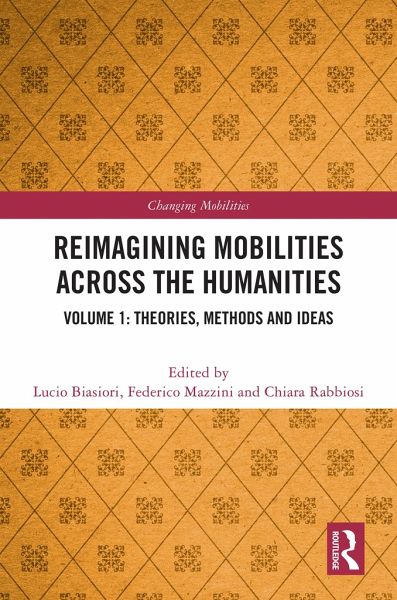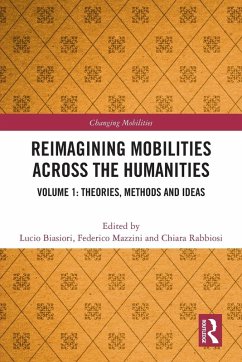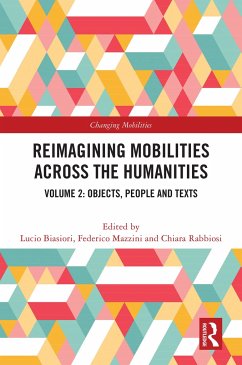Lucio Biasiori is associate professor of early modern history at the University of Padua, Italy. He was previously a fellow of the Harvard Center for Italian Renaissance Studies in Florence, Italy, and assistant professor in early modern history at the Scuola Normale Superiore di Pisa, Italy. His research encompasses the early modern period, with particular reference to the cultural, religious and political history of 16th-century Europe, studied in an interdisciplinary and cross-cultural framework. Federico Mazzini is associate professor of digital history and history of media and communication at the University of Padua, Italy. His previous work has focused on the sociocultural history of the First World War, particularly the peasant experience of the trenches and the popularisation of technoscience. He is currently working on various aspects of digital history, including web archiving, metadata and historical communication online, and 'technical cultures', such as radio hams, phreaks and hackers, in the 20th century. Chiara Rabbiosi is associate professor of economic and political geography at the University of Padua, Italy. Her previous research has dealt with the social and spatial dimensions of urban studies and consumer culture, including the critical geographies of shopping tourism, cultural heritage and place branding. She is currently working on tourist spatial imaginations of Europe, and on the transit of tourism (including walking and multi-modal transport), approaching tourism mobilities in an embodied and performative way.















